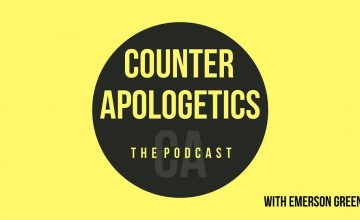Ayaan Hirsi Ali recently announced her conversion to Christianity. But has she only adopted a form of cultural Christianity? I examine her reasons for becoming a Christian and draw some parallels between Ayaan and another political convert: Andrew Tate.
I think her reasons for adopting Christianity are quite clearly explicated, even though some Christians have been trying very hard to ignore them. She argues that Christianity can sustain the liberal values of the Enlightenment that she cherishes so deeply. Those values are under attack, she says, from Islam, Russia, China, and woke ideology. Every purely secular strategy tried in response has been insufficient. Christianity, on the other hand, could function as a far more effective weapon against her political enemies in this existential clash. But why does it matter that the west prevails over its cultural and geopolitical foes? Christianity can help with that, too – not just on a civilizational level, but individually as well. It’s the antidote to nihilism, the heart of liberalism, a panacea for wokeness and illiberalism. These considerations together lead her to adopt Christianity, even if she doesn’t think it’s actually true.
Maybe in the future, she’ll affirm something more than cultural Christianity. Until then, I’m honestly inclined to see Ayaan’s “conversion” as further vindication of the death of God: even the converts don’t really believe anymore. A good deal of true believers are apparently so desperate for a morale boost, they’re willing to look past that.
Ayaan’s guiding light is liberalism, the Enlightenment, and western civilization. She is a positively zealous believer in what the west represents to her, and this is absolutely crucial to understanding her conversion to Christianity. She may not believe in the literal resurrection of Jesus, but she believes in western civilization. She believes this is the best way – perhaps the only way – to save it from withering.
Podcast: Play in new window | Download
